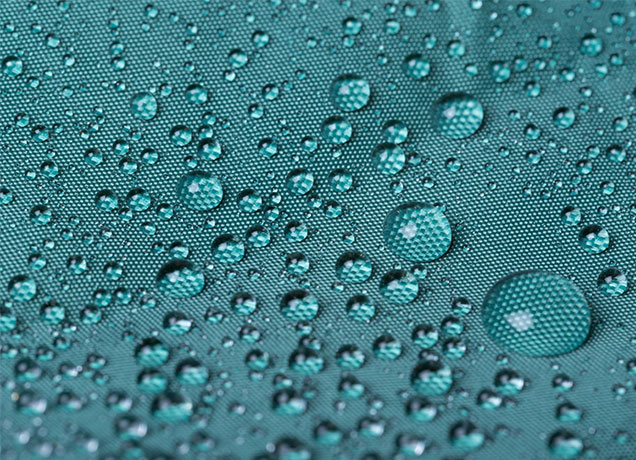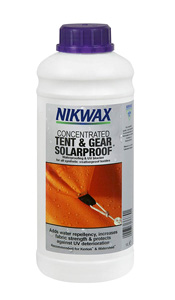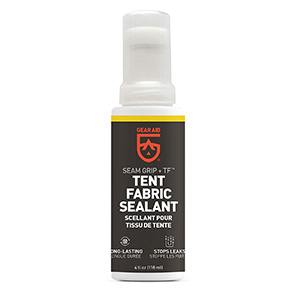Adventure & Traveling
What is a good tent waterproof rating?
What is a good tent waterproof rating?
Camping is a fun, fulfilling outdoors activity done by approximately 40 million people in the United States each year. However, getting soaking wet in your tent won’t make a fun camping experience. It is important to waterproof your tent.
What Are Camping Tents Made Of?
Camping tents are made from a variety of fabrics. Each fabric serves a different purpose.
Man Made Nylon and Polyester
Most tents are made from man made fabrics that are either nylon or polyester based. For family tents, you will typically see that they are made from polyester. Nylon is usually used for light weight backpacking tents.

Nylon and polyester are good for making affordable tents, unless they are for extreme trips, which would make them more expensive. They are lighter and less bulky than natural fabrics which makes it easier to take to the camp site. Tents made from nylon or polyester dry quickly and require less maintenance. They also can be more resistant to rips and tears than their counterparts.
In comparison tents made out of cotton, tents that are made from nylon or polyester fabrics are not good insulators. This means they can get too hot when it is warm and offer no protection from the cold. The material does not “breathe” which means condensation can build up inside the tent. Sun rays will deteriorate the color of the tent over time.
These man made fabrics can be covered with coatings to increase UV ray and water resistance.
Cotton and Canvas
The traditional fabric for tents is canvas. Canvas used to be made from hemp, but it is now made from cotton for tents. Tents that are advertised as being made from canvas or cotton are made from the same thing.
Unlike fabrics that are man made, cotton is a great insulator. You will not overheat on warm days and you will be protected from the cold. Cotton can “breathe” and absorbs water which means there will be less issue with condensation in the tent. Cotton lasts for a long time and is resistant to UV rays.
Cotton can be very heavy which makes it more difficult to get to the camp site and a little harder to pitch. Before using this type of tent, often it must be “weathered”. This means you will need to leave your new tent out in the rain or spray it with your house. If this is not done, so that the canvas expands, you can experience leaks while camping. Cotton tents are more expensive than man-made tents and require more maintenance. Snagging and tearing happens easily with canvas tents.
Cotton tents should not be covered with waterproof coating because the fabric needs to stay “breathable” and is already water and UV resistant.
What Is A Waterproof Rating and How Is It Determined?
A fabrics waterproof rating is measure in millimeters (mmH20). It does not refer to thickness of the fabric or the coating. The waterproof rating refers to the pressure that water is able to press through the tent fabric. This is determined by tests that apply water pressure to fabric samples until 3 drops of water are able to get through the fabric. This means that a 1500 mmH20 rating is fabric that can sustain 1,500 mm of water on top of the fabric before the water will leak through.
What Is Hydrostatic Head Rating
The measure of how water resistant your tent material is the hydrostatic head rating. This measures how tall a column of water your fabric can withstand before the water leaks through the weave. If the hydrostatic head rating is 5000mm that means the fabric of the tent can hold a column of water that is 5000mm tall.
Good Waterproof Ratings for Various Conditions
Here is a waterproof rating chart provided by Evo.
|
Waterproof Rating (mm) |
Water Resistance Provided |
Conditions |
|
0-5,000 mm |
No resistance to some resistance to moisture. |
Light rain, dry snow, no pressure. |
|
6,000-10,000 mm |
Rainproof and waterproof under light pressure. |
Light rain, average snow, light pressure. |
|
11,000-15,000 mm |
Rainproof and waterproof except under high pressure. |
Moderate rain, average snow, light pressure. |
|
16,000-20,000 mm |
Rainproof and waterproof under high pressure. |
Heavy rain, wet snow, some pressure. |
|
20,000 mm+ |
Rainproof and waterproof under very high pressure. |
Heavy rain, wet snow, high pressure. |
How Do You Waterproof A Tent?
It is best to waterproof your tent before you make a trip. Most are already waterproof, but if yours isn’t it is fairly easy to do. Make sure that your tent is clean and do this on a warm, dry day. First you should make sure that the ties are tight. This will be difficult to do while you’re already camping and getting attacked by rain droplets, so it is best to do beforehand. Then seal the seams to make sure that moisture stays out while you are on your trip. On the outside of the rainfly apply your coating. After a few minutes wipe off any excess coating. Allow the tent to dry completely before trying to pack it away.
Recommended waterproofing products:

Nikwax Concentrated Tent & Gear Solar Proof Waterproofing
- Size:16.9 Ounce
- Base: Water
- Coverage: 80 sq. ft
- UV Blocker: Yes
- Waterproofing: Yes

Gear Aid Seam Grip
- Size: 4 ounce
- Base: Polyurathane
- Covrage: 85 sq. ft.
- UV blocker: No
- Waterproofing: Yes
You can easily avoid water issues with your tent by choosing the right fabric. In addition to choosing the correct fabric for your needs, looking at waterproof rates is important. If you must, waterproof your tent yourself. If it better to be prepared than soaked in the middle of the night!
The Weekend Nomad is a participant in the Amazon Services LLC Associates Program, an affiliate advertising program designed to provide a means for sites to earn advertising fees by advertising and linking to Amazon.com
All content Copyright © 2020 The Weekend Nomad & PixelProjects